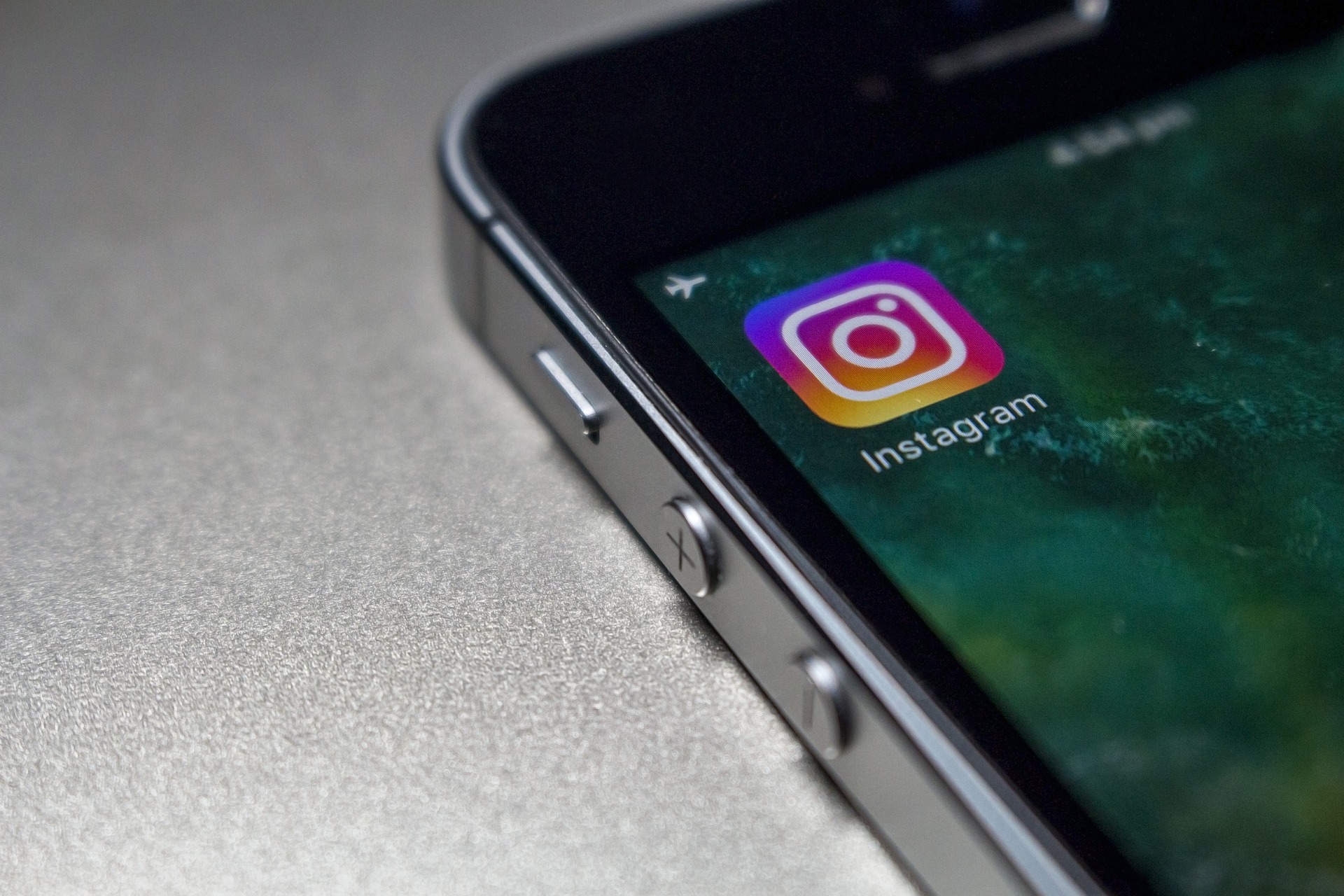
Viewing sexualised Instagram posts by online influencers increases the negative mood and body dissatisfaction of young female adults who view them, and promotes negative effects among viewers beyond striving for thinness and attractiveness.
A new study by Flinders University researchers highlights the negative impact of sexualised images on social media and the need for enhanced regulation in relation to influencer advertising.

“Some Influencers endorse lingerie and bikini products, and there is growing concern about the overtly sexualised nature of the imagery they post to social media,” says body image expert Associate Professor Prichard, who leads the Embrace Impact Lab at Flinders University.
“This problem is amplified by the popularity of Instagram among young adults aged 18–34 years, with more than two billion active users monthly.”
The study investigated the effect of viewing both standard fashion and sexualised imagery (in lingerie/bikini garments and posed in a suggestive manner) posted by the same female influencers on young women’s mood and body dissatisfaction.
Females aged 17–25 years were recruited online and completed pre- and post-viewing measurements of mood and body dissatisfaction, as well as measures of appearance comparison and self-objectification.

“Exposure to influencer imagery led to greater negative mood, body dissatisfaction, appearance comparison and self-objectification than exposure to control images,” says Associate Professor Prichard.
“Furthermore, exposure to sexualised images led to an even greater negative mood, body dissatisfaction and appearance comparison than exposure to standard fashion images of influencers – and this was with images chosen as being only moderately sexualised (for ethical reasons) rather than hypersexualised, which depict more lewd poses.
“The most obvious implication is that women should be advised to limit their exposure to such images and to unfollow the accounts of influencers who post this type of material. There is growing evidence that even a short break from Instagram can have considerable benefit.”

At a policy level, a new code of ethics for Australian advertisers that came into effect on February 1, 2021, prohibits the use of overtly sexualised images in advertising. However, this does not apply to user-generated material, and therefore does not apply to images posted by influencers on Instagram.
Associate Professor Prichard says it could be argued that influencers, who gain considerable financial benefit from their endorsements, should be held to the same standards as other advertisers.
“Our study findings highlight the detrimental impact of exposure to sexualised imagery, which is an increasingly common part of contemporary social media, and the role of social comparisons to such imagery,” she says.
“We have clearly shown that the effects of sexualisation extend beyond those of attractiveness. These findings illustrate the need for more research and enhanced regulation regarding advertising by influencers on social media.”
The research – “Comparing and self-objectifying: The effect of sexualised imagery posted by Instagram influencers on women’s body image,” by Ivanka Prichard, Brydie Taylor and Marika Tiggemann – has been published by Body Image journal. https://doi.org/10.1016/j.bodyim.2023.07.002

